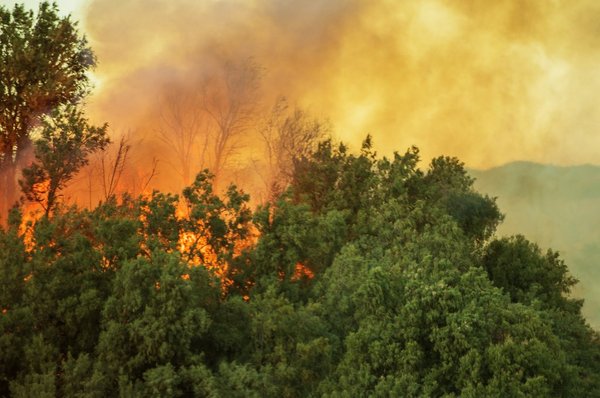 Read this article in French
Read this article in French- Share this article
- Subscribe to our newsletter
Six planetary boundaries crossed
Six of nine planetary boundaries are being transgressed, the Potsdam Institute for Climate Impact Research (PIK)/Germany reports on its website in September 2023: global warming, biosphere, deforestation, pollutants & plastic, nitrogen cycles and freshwater. Concurrently, pressure in all these boundary processes is increasing.
For the first time , an international team of scientists have been able to provide a detailed outline of planetary resilience by mapping out all nine boundary processes that define a safe operating space for humanity.
“This update on planetary boundaries clearly depicts a patient that is unwell, as pressure on the planet increases and vital boundaries are being transgressed. We don’t know how long we can keep breaching these key boundaries before combined pressures lead to irreversible change and harm,” says co-author Johan Rockström, Director of the PIK.
In the latest update, the novel entities boundary has been quantified, and the assessment shows that it is transgressed. This update includes the accumulation of all novel chemical compounds created by humans, such as micro-plastics, pesticides and nuclear waste. Another first is that scientific evidence is now provided to quantify the boundary of atmospheric aerosol loading – this boundary is not transgressed yet, even though regional transgressions do occur, e.g. in South Asia.
The freshwater boundary now addresses both green water (held in soil and plants in farms, forests, etc.) and blue water (rivers, lakes, etc.) – both boundaries are transgressed. As a further first, a control variable for the biosphere integrity was introduced – revealing evidence of another crossed boundary, which in fact it has been since the late 19th century, when global agriculture and forestry saw major expansions. Planetary resilience goes well beyond climate change, the researchers underline.
"Science and the world at large are really concerned about the rising signs of dwindling planetary resilience, manifested by the transgression of planetary boundaries, which brings us closer to tipping points, and closes the window to have any chance of holding the 1.5°C planetary climate boundary," Rockström concludes. "At the same time, it is a true breakthrough that we now have a scientifically quantified safe space for humanity on Earth, providing a guide for action and the first full picture of our planet's capacity to buffer stress. Having this knowledge at hand marks an important step for more systematic efforts to protect, recover and rebuild planetary resilience."
(PIK/ile)
Read more on the PIK website





Add a comment
Comments :